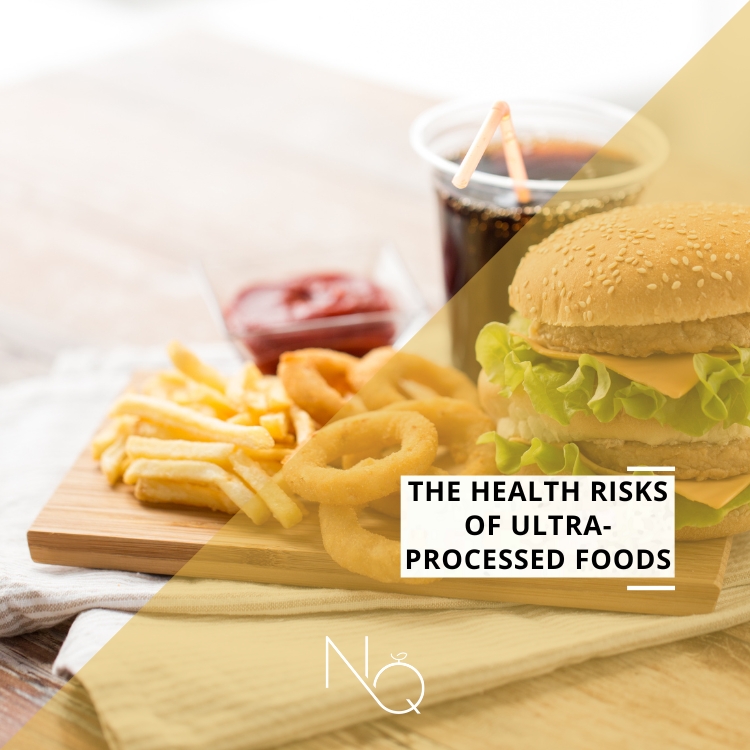We live in a world where there is a huge availability of highly processed, ready-to-eat foods. What are ultra-processed foods? What are the risks to our health, and what interventions can we take?
What Are Ultra-Processed Foods?
Ultra-processed foods include a wide range of ready-to-eat products, such as packaged snacks, carbonated drinks, soft drinks, instant noodles, and ready meals in general. They consist mainly of chemically modified substances extracted from food, along with additives to enhance taste, texture, appearance, and delay spoilage. Food sales data and consumption patterns indicate a shift toward a diet of ultra-processed foods that is growing and global in scope.
What Are the Dangers of Highly Processed Foods?
The correlation between the frequent and increased consumption of these foods, which are rich in energy, salt, sugar, saturated fat, and poor in nutrients, and the occurrence of various diseases has been studied. More specifically, the correlation with:
- Various types of cancer such as colon, breast, pancreas, prostate, central nervous system tumors, and chronic lymphocytic leukemia.
- Mental disorders such as sleep problems, chronic anxiety, and depression.
- Metabolic disorders such as overweight, obesity, type 2 diabetes, and non-alcoholic fatty liver disease.
- Respiratory disorders such as wheezing and asthma.
- Cardiovascular problems such as hypertension.
- Idiopathic inflammatory bowel diseases, such as Crohn's disease and ulcerative colitis.
Necessary Interventions
Based on the above, it is clear that changing the labeling of foods to indicate that they are "over-processed" is necessary. Whether certain foods are completely banned depends on the regulatory authorities of the respective countries; however, there should be restrictions on the marketing of these specific products. In addition, it is imperative to ban the sale of certain highly processed foods (especially those with high salt, sugar, and/or fat content) in or near schools and hospitals.
Apart from the restrictions that need to be implemented, everything starts with the personal choices of the consumer. Each person needs to prioritize freshly cooked, unprocessed, or minimally processed foods. The Mediterranean diet, dominated by fruits, vegetables, legumes, olive oil, fresh fish, and nuts, can promote good health and prevent the onset of the problems mentioned above.
Therefore:
- Instead of flavored yogurts with added sugar or sweeteners, prefer plain yogurt with chopped fresh fruit for sweetness.
- Instead of ready-made meals, opt for home-cooked food prepared in larger quantities for consumption in the following days, if necessary.
- Choose porridge in the morning with fruit and nuts instead of breakfast cereals with high sugar content.
- Instead of cookies or sweet desserts, choose some fruit or a slice of whole-grain bread with peanut butter or a small amount of unsalted nuts.
- For extra flavor in meals, avoid ready-made cooking cubes, and simply use herbs instead.
Bibliography
Lane MM, Gamage E, Du S, Ashtree DN, McGuinness AJ, Gauci S, et al. Ultra-processed food exposure and adverse health outcomes: umbrella review of epidemiological meta-analyses. BMJ. 2024 Feb 28;384. doi: https://doi.org/10.1136/bmj-2023-077310.
Other related articles you may be interested in:




